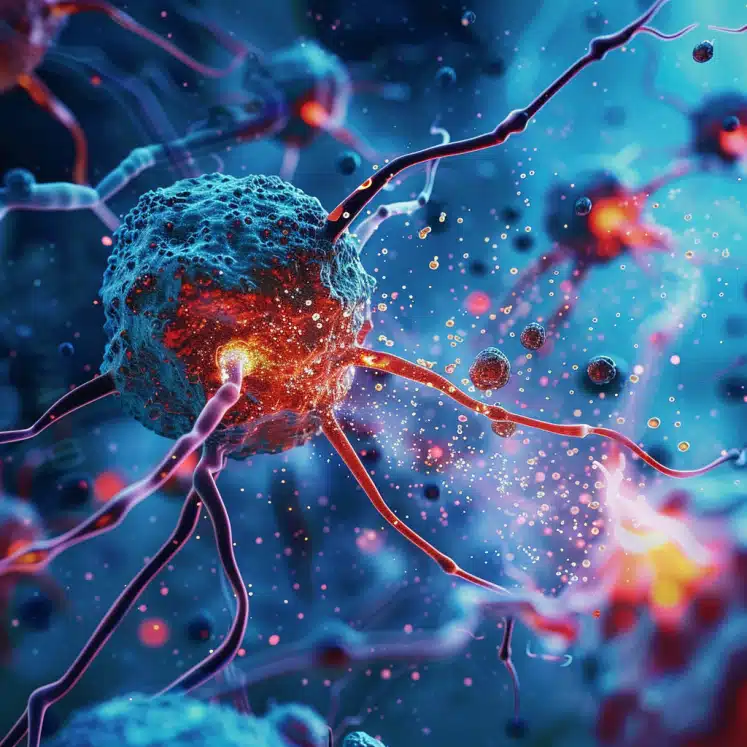Guanfacine Reverses Cognitive Impairment in Long COVID (2024 Case Report)
Guanfacine extended release (GXR) may effectively improve cognitive impairments and brain activity in long-COVID patients. Highlights: Patient Presentation: A 32-year-old woman experienced cognitive impairments such as difficulty in word recall, reading, and writing, and delayed task completion following COVID-19 infection. Baseline Assessment: Initial tests showed poor performance in attention, working memory, and executive function, with …










